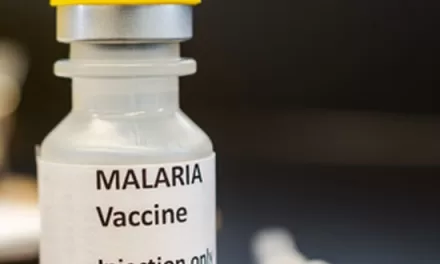A new study published in The Lancet Infectious Diseases has revealed concerning statistics about animal bites in India, with a significant majority of these incidents attributed to dogs. The study, led by the Indian Council of Medical Research (ICMR), estimates that over 5,700 human deaths occur annually due to rabies in India, where the country accounts for a third of global rabies cases.
The nationwide, community-based survey was conducted between March 2022 and August 2023, covering 60 districts across 15 states. The survey involved interviews with 78,800 households and over 3.3 lakh individuals regarding animal bites, anti-rabies vaccinations, and associated deaths.
Findings from the research show that three out of every four animal bites were dog-related, with 76.8% of reported bites (1,576 of 2,000) coming from dogs. Additionally, the study found that approximately 6 out of every 1,000 individuals experience an animal bite, translating to an estimated 9.1 million bites nationally.
The most concerning aspect of the study is the high mortality rate linked to rabies. Researchers estimate that 5,726 human rabies deaths occur annually in India, with the majority of these deaths resulting from dog bites. The authors emphasized the urgent need for more reliable data on rabies-related deaths in India, as the country remains at the forefront of the global rabies crisis.
India’s goal of eliminating dog-mediated rabies deaths by 2030 remains at risk, despite progress over the past two decades. The World Health Organization’s “Zero by 30” initiative, launched in 2018, aims to eradicate human rabies through increased dog vaccination and post-exposure prophylaxis (PEP). However, gaps in the timely administration of PEP and dog vaccination have hindered efforts.
The study’s authors highlighted the need for a comprehensive “one-health” approach, integrating human and animal surveillance to better manage rabies outbreaks. Vaccinating dogs and ensuring the full completion of anti-rabies vaccination courses for bite victims were identified as critical steps in preventing further deaths.
Further alarming findings show that over 20% of people who were bitten by a dog did not receive anti-rabies vaccination, while two-thirds of victims (1,043 individuals) received at least three doses. Additionally, nearly half of those who received just one dose of the vaccine did not complete the full course, putting them at increased risk.
As India strives to meet global health targets, experts are urging the public and authorities to prioritize rabies prevention efforts, particularly in ensuring timely vaccinations for both humans and dogs.
Disclaimer: This article is based on a study published in The Lancet Infectious Diseases journal. The findings of the study represent the conclusions of the researchers and may not reflect the views of all medical professionals or institutions.












